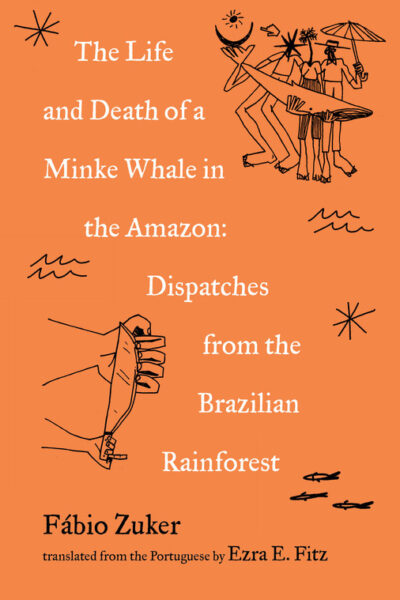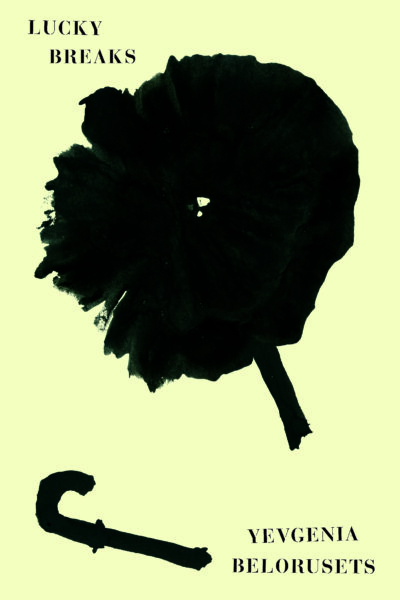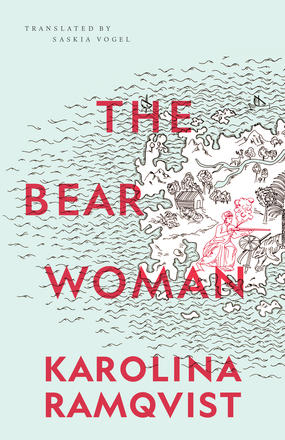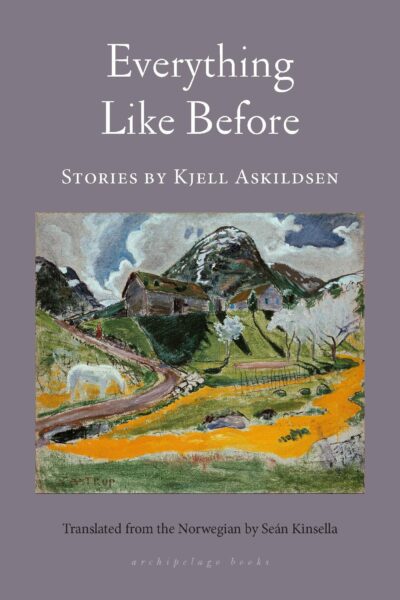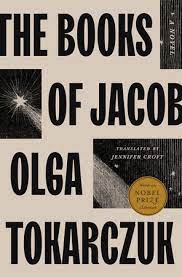An interesting consequence occurs in the titular tale, when time seems to proceed not along any linear or standardized path, but according to the Minke Whale’s appearance, disappearance, reappearance.
Woman Running in the Mountains – Yuko Tsushima
“Her emphasis on atmosphere over psychological realism makes Woman Running in the Mountains go down easy: it is beautiful even when awful things are happening.”
Lucky Breaks – Yevgenia Belorusets
LUCKY BREAKS lives within [a] precarious zone of intermittent warfare, teetering on the proverbial knife’s edge, anxiously anticipating Russia’s now-realized escalation.
The Bear Woman – Karolina Ramqvist
Ramqvist’s excavation of the process of creation and research, delay and anxiety, is both multi-layered and intriguing.
Gentlemen Callers – Corinne Hoex
These men are anonymous outside of their professions and even their professions serve only to creatively appease female desire.
Moldy Strawberries – Caio Fernando Abreu
An existentialist dread runs throughout the narratives as they are marked by an exploration of the self, expressing the fears of a generation facing incredible challenges.
Everything Like Before – Kjell Askildsen
Askildsen’s particular gift is the subtle way he imbues these mundane moments with so much frustration and rage, which creates an atmosphere of electric disquiet.
Having combed real-life storytelling for narrative ticks, she seems to have grown out of them, seeking another, meta and autofictional register in her own writing.
The Books of Jacob – Olga Tokarczuk
The Books of Jacob suggests that, no matter how far apart our various spheres of experience may seem, they are, in fact, talking to each other.
People From My Neighborhood – Hiromi Kawakami
Kawakami draws indiscriminately on the resources of various sub-genres of speculative literature, connecting her stories here and there for unity’s sake, but never straining for consistency as a straight-up fantasy writer might in conjuring a magic “system.”


